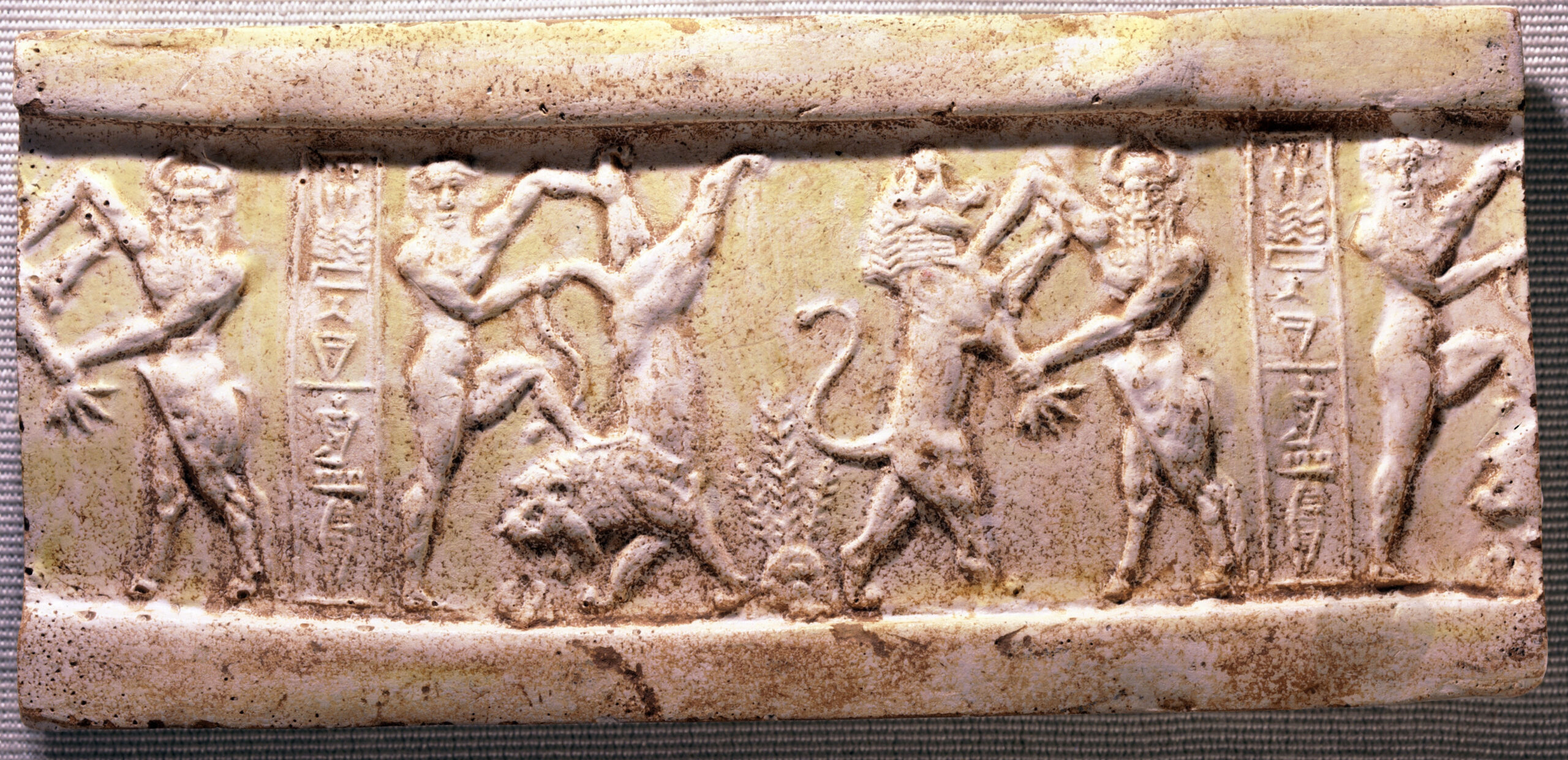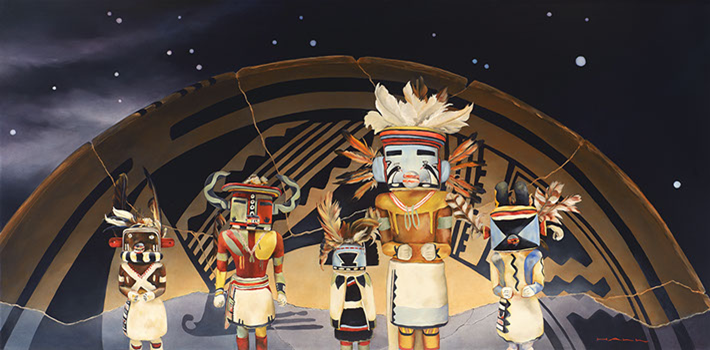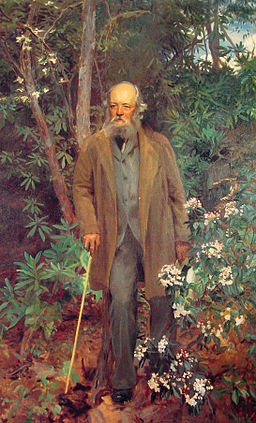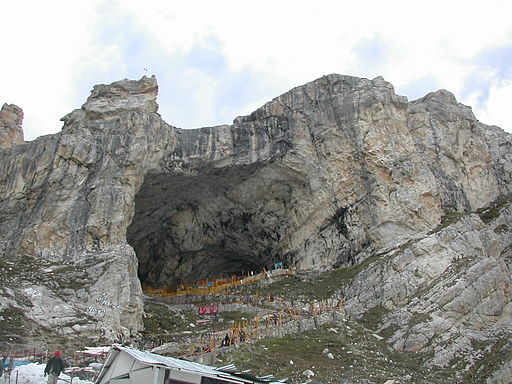Learning from Elders
Stories From the Present to the Far Distant Past
Hearing life experiences first-hand connects us directly with our true selves.
“Water Serpents of the Northern and Southern Hemispheres” by Sally Hall. Kachinas are small carved figures representing ancestral spirits that tell the story of the Hopi Nation, Arizona, USA.
Note from the Sally Hall, the artist
All kachinas in my painting are modeled on actual Kachinas in the Museum of Northern Arizona, Flagstaff, Arizona.
Left to right the kachinas are Squirrel, Bear, Crow Mother, Water Serpent and Mountain Sheep. The star constellation in this painting is the Water Serpent. The imagery in this painting illustrates that the two opposite ends of the earth — the Northern Hemisphere and the Southern Hemisphere — — have each found ways of representing the Water Serpent in some form.
In the Northern Hemisphere the Hopi Water Serpent, (Paalölöqangw), is the kachina spirit who dwells in the sacred springs near the Hopi Nation. In an agricultural community with just 8” of rain a year, fresh water is a powerful and revered source of life and of blessings. The Southern Hemisphere shines with the Water Serpent Constellation, (Hydra), largest of all the constellations.
It is fascinating to me that in both hemispheres, the spirit of the water serpent refers to supporting life itself.
“A story provokes a living experience….
It is a reciprocal event that is more than the sum of its parts. It always points to many levels of meanings at once and is dependent on the responsive imagination, association, and sensual engagement. A story, when shared with others to create a journey, accesses our intelligence and heart. It connects us to our true selves, to others and the world. While data can be useful, it provides information, only. A narrative that is a litany of events, or created to make a point, is not a story either. It is a mental manipulation, abstract and without engagement. It does not connect us to anything beyond that which the mind can use. What we need in the world now is the true telling of stories that restores us to a sense of communion and deep listening.”
– Laura Simms, Storyteller
The Words of Storytellers Change Our World
Words from Rachel Carson
“Nature has introduced great variety into the landscape, but man has displayed a passion for simplifying it. Thus he undoes the built-in checks and balances by which nature holds the species within bounds.”
“The more clearly we can focus our attention on the wonders and realities of the universe, the less taste we shall have for destruction.”
“Those who dwell among the beauties and mysteries of the earth are never alone or weary of life.”
“The human race is challenged more than ever before to demonstrate our mastery, not over nature but of ourselves.”

Rachel Carson
Rachel Carson (1904 – 1964) was an acclaimed author with a scientific background in biology and a love for the natural world. Her last book, “Silent Spring” written in 1962, was fiercely opposed by chemical companies. But the public’s response to it sparked a ban on DDT, a possibly carcinogenic endocrine disrupter. It also supported the creation of the United States Environmental Protection Agency.
Frederick Law Olmsted, 1895 by John Singer Sargent, Public domain, via Wikimedia Commons
Words from Frederick Law Olmsted
“The possession of arbitrary power has always, the world over,
tended irresistibly to destroy humane sensibility, magnanimity, and truth.”
“If we analyze the operations of scenes of beauty upon the mind, and consider the intimate relation of the mind upon the nervous system and the whole physical economy, the action and reaction which constantly occur between bodily and mental conditions, the reinvigoration which results from such scenes is readily comprehended…. The enjoyment of scenery employs the mind without fatigue and yet exercises it; tranquilizes it and yet enlivens it; and thus, through the influence of the mind over the body gives the effect of refreshing rest and reinvigoration to the whole system.”
– Frederick Law Olmsted
Gilgamesh
Words From the Epic of Gilgamesh:
“You have known, O Gilgamesh,
What interests me,
To drink from the Well of Immortality.
Which means to make the dead
Rise from their graves
And the prisoners from their cells
The sinners from their sins.
I think love’s kiss kills our heart of flesh.
It is the only way to eternal life,
Which should be unbearable if lived
Among the dying flowers
And the shrieking farewells
Of the overstretched arms of our spoiled hopes.”

Mesopotamia, Sumer, Gilgamesh and Enkidu defeating lions, cylinder seal print, New Sumerian, 3rd millennium BC, Musee d’Art et d’Histoire, Geneve
Gilgamesh – Historic King
Six thousand years ago, the duty of the King of Uruk was to embellish and maintain his city. To enhance Uruk, King Gilgamesh defied an ancient sacred prohibition against felling cedars growing on the mountains north of his city. He and his companion, Enkidu, killed the protective forest monster and clear-cut the cedars to construct a magnificent new gate in the city ramparts. Gilgamesh’s actions angered the supreme Gods, who inflicted flood, famine, and sorrow on the inhabitants of Uruk. The Gods also cursed Enkidu, who personifies what is ‘wild and untamed’ in the human, killing him.
Shakti, Shri Amarnath Cave Temple, Kashmir
Gktambe at English Wikipedia, Public domain, via Wikimedia Commons
Shakti
Words from the Stories about Shakti
“The all-pervading energy source of existence or Shakti manifests itself as creation. Shakti is the divine mother who gives birth to and nurtures the newborn-whether it is a newborn baby, a brand new relationship, a fresh idea, or a magical manifestation. Although Shakti is beyond the boundaries of gender, form, or color, we call It Mother because of its mothering and creative qualities.”
– Deepak Chopra
“That amazing power of being able to stand with total courage in the face of total power and not to be afraid. That is shri shakti.”
– Vandana Shiva
The Elders were wise. They knew that man’s heart, away from nature, becomes hard; they knew that lack of respect for growing, living things, soon led to lack of respect for humans, too.




